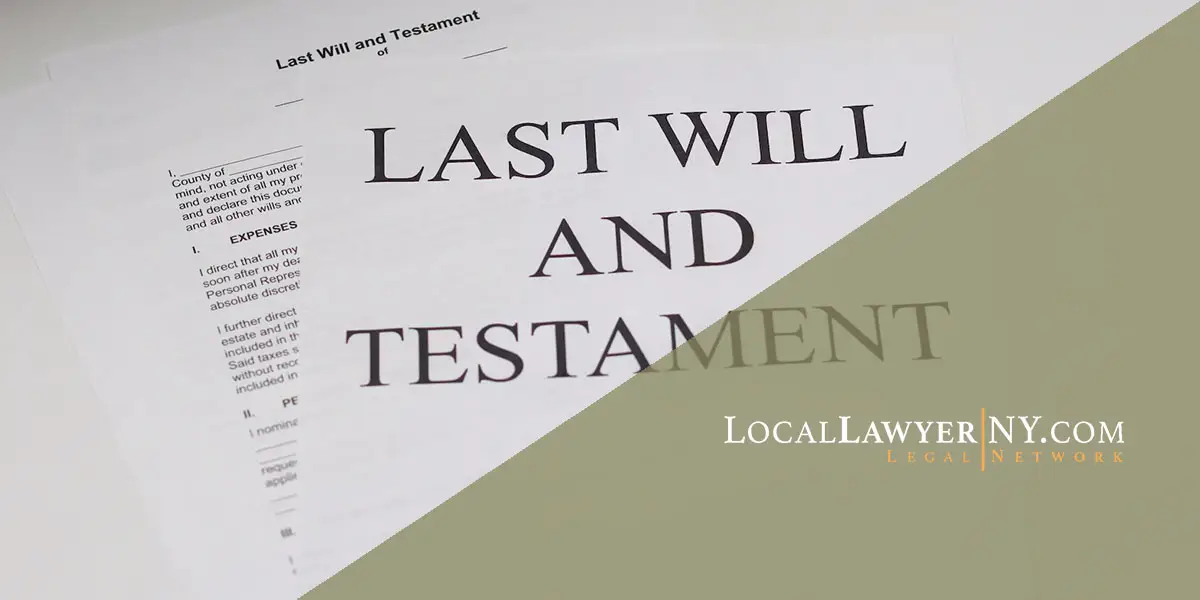Author: Viktoriya Samoylova
Estate planning lawyers ensure your assets and wishes are protected and adequately managed after passing. They assist you in creating a comprehensive estate plan that includes essential documents like wills, trusts, powers of attorney, and advanced healthcare directives.
Here are a few key reasons why estate planning lawyers are essential:
Asset distribution:
Estate planning lawyers help you designate beneficiaries and establish a clear plan for distributing your assets according to your wishes. This minimizes the risk of disputes among family members and ensures that your loved ones are cared for after you’re gone.
Minimizing taxes and expenses:
Estate planning lawyers can guide you in utilizing legal strategies to minimize estate taxes and other costs of transferring your assets to beneficiaries. This helps preserve the value of your estate and maximizes the inheritance your loved ones receive.
Protecting vulnerable beneficiaries:
If you have minor children, family members with special needs, or individuals who cannot manage their inheritance, estate planning lawyers can help set up trusts or other mechanisms to protect and provide for them long-term.
Healthcare decisions:
Estate planning involves addressing healthcare decisions in case you become incapacitated. Lawyers assist in creating advanced healthcare directives, such as living wills and healthcare powers of attorney, which allow you to express your medical treatment preferences and designate someone to make decisions on your behalf.
Business succession planning:
For business owners, estate planning lawyers can help develop strategies to ensure a smooth transition of ownership and management, protecting the future of the business and minimizing potential disruptions.
Overall, estate planning lawyers offer expertise in navigating complex legal matters, safeguarding your assets, and fulfilling your wishes. In addition, their assistance can bring peace of mind and protect you and your loved ones during important life events and after your passing.
Estate Planning
Estate planning is arranging for managing and distributing your assets during your lifetime and after your death. It involves creating a comprehensive plan to ensure that your wishes are carried out, and your loved ones are taken care of according to your intentions.
Key components of estate planning include:
Will:
A will is a legal document that specifies how your assets should be distributed after your death. It allows you to designate beneficiaries, appoint an executor to handle the distribution process and make provisions for minor children or dependents.
Trusts:
Trusts are legal arrangements that hold and manage assets for the benefit of beneficiaries. They can provide greater control, privacy, and flexibility in the distribution of assets, as well as potential tax benefits. In addition, trusts can address specific needs, such as providing for minor children, protecting assets from creditors, or supporting charitable causes.
Powers of Attorney:
Powers of attorney allow you to appoint someone to make financial or healthcare decisions on your behalf if you become incapacitated. A financial power of attorney grants authority over financial matters, while a healthcare power of attorney designates someone to make medical decisions for you.
Advance Healthcare Directives:
These documents, such as a living will or healthcare proxy, outline your medical treatment preferences and instructions if you cannot communicate or make decisions about your healthcare.
Beneficiary Designations:
Reviewing and updating beneficiary designations on assets like life insurance policies, retirement accounts, and bank accounts is crucial to ensure those assets are distributed according to your wishes.
Estate planning aims to minimize potential conflicts, reduce taxes and expenses, protect vulnerable beneficiaries, and provide for a smooth transfer of assets. Therefore, consulting with an estate planning attorney who can help you navigate the legal complexities and tailor a plan that aligns with your specific circumstances and goals is important. Regularly reviewing and updating your estate plan is also essential to account for changes in your life, such as marriage, divorce, the birth of children, or significant asset acquisitions or disposals.
Benefits of Estate Planning
Estate planning offers several benefits that can significantly impact you and your loved ones. Here are some key benefits of estate planning:
Control over asset distribution:
Estate planning lets you control how your assets will be distributed after death. For example, you can designate specific beneficiaries, determine the timing and conditions of asset transfers, and provide for loved ones who may need special protection or financial support.
Minimization of taxes and expenses:
Proper estate planning can help minimize estate taxes, gift taxes, and other potential costs of transferring assets to beneficiaries. This allows you to preserve more of your wealth and maximize the inheritance received by your loved ones.
Probate avoidance:
Estate planning can help minimize or even avoid the probate process, which is the court-supervised administration of a deceased person’s estate. Probate can be time-consuming, expensive, and public, but proper planning can help transfer assets efficiently and privately outside of probate.
Protection of beneficiaries:
Estate planning allows you to protect the interests of your beneficiaries, especially if they are minors, have special needs, or may be unable to manage their inheritance. Establishing trusts or other mechanisms can help ensure your assets are managed and distributed according to your wishes while providing ongoing support and protection for vulnerable beneficiaries.
Healthcare and incapacity planning:
Estate planning involves preparing for potential incapacity due to illness, injury, or advanced age. Through documents like powers of attorney and advance healthcare directives, you can appoint trusted individuals to make medical and financial decisions on your behalf, ensuring your wishes are respected, and your best interests are protected.
Business succession planning:
If you own a business, estate planning can help ensure a smooth transition of ownership and management. It allows you to plan for the continuation of your business, designate successors, and provide financial stability for your employees and family members involved in the business.
Peace of mind:
Perhaps one of the most essential benefits of estate planning is the peace of mind it brings. Knowing that you have a comprehensive plan in place, your assets are protected, and your loved ones will be taken care of according to your wishes can provide a sense of security and relief.
Estate planning is a proactive step that can benefit you and your family. Consulting with an experienced estate planning attorney is recommended to help you navigate the legal complexities and create a tailored plan that addresses your specific needs and goals.
Well, planning is essential. But it is never too early. Most people start planning when issues arise, which might be too late for some.




